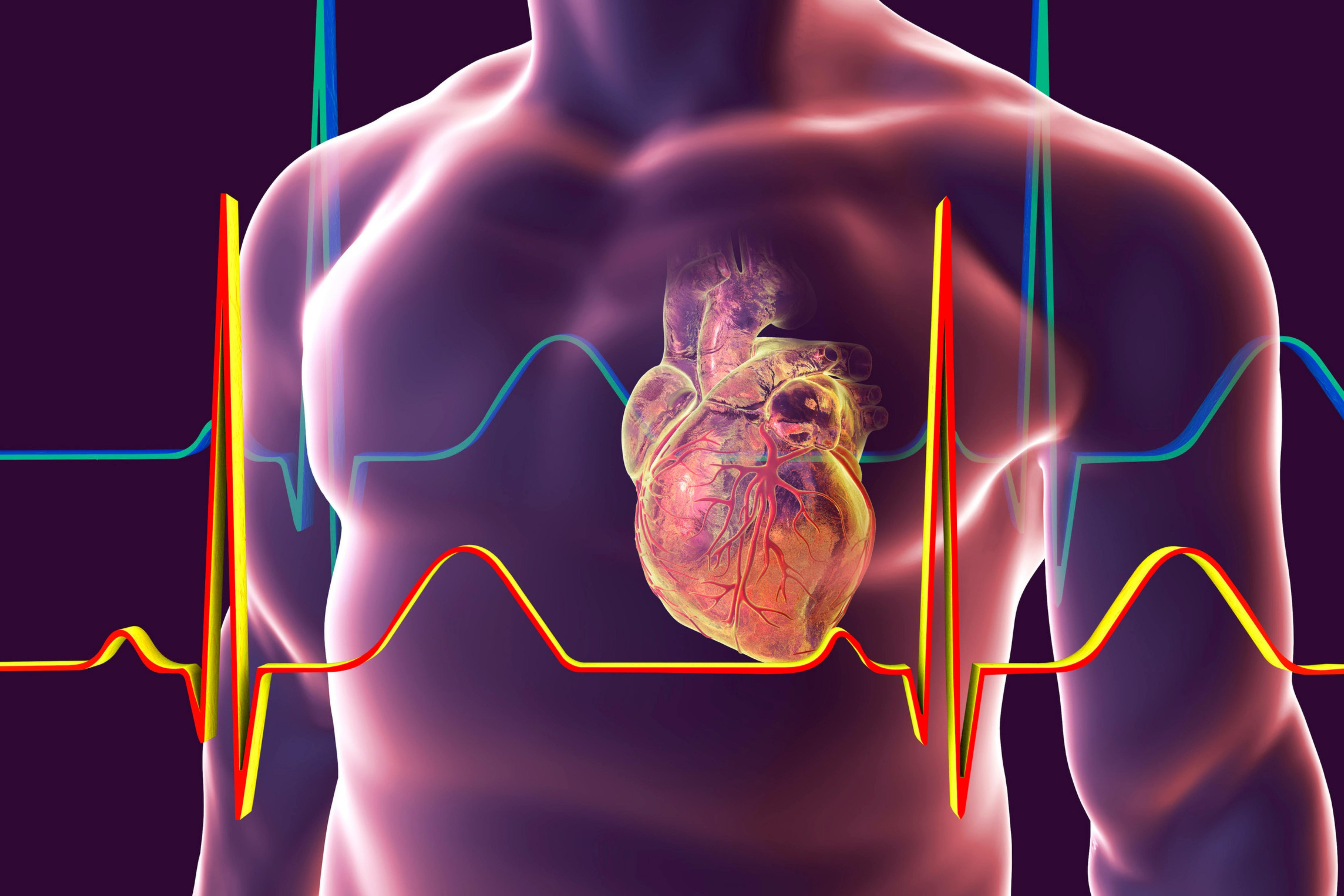Learn more about transthyretin amyloid cardiomyopathy,
a rare but serious cardiac condition that can progress to
heart failure without timely diagnosis and treatment.
Issue 7 | December 2024

 Subscribe and ensure you don't miss the next issue!
Subscribe and ensure you don't miss the next issue!
Heart disease isn’t just an “old person’s problem”. Some cardiac conditions, such as transthyretin amyloid cardiomyopathy (ATTR-CM), can develop undetected in younger, active adults, only surfacing when serious symptoms appear. Without timely diagnosis, the condition can progress to life-threatening stages — making awareness and early detection vital.
Dr Lin Weiqin, Senior Consultant, Department of Cardiology, National University Heart Centre, Singapore (NUHCS), shares about ATTR-CM. Dr Lin is also the Clinical Director of the Heart Failure and Cardiomyopathy Programme at NUHCS, which serves as a tertiary referral centre for the diagnosis and management of patients with heart failure and heart muscle diseases.
| What is ATTR-CM? |
ATTR-CM is a rare but serious heart condition that can lead to heart failure if not diagnosed and treated promptly. It occurs when abnormal transthyretin amyloid proteins build up in the heart, disrupting its function.
Symptoms can be subtle, which may include numbness in the hands and feet, lethargy and dizziness. It is more commonly diagnosed in elderly individuals and those with a family history of the condition. To date, environmental factors have not been linked to an increased risk of ATTR-CM. |
| Why is it important to watch out for ATTR-CM? |
Awareness of ATTR-CM is critical, as its symptoms are often mistaken for more common conditions, leading to potential delays in diagnosis and treatment. Research has shown that early detection significantly improves patient outcomes.
Diagnosing ATTR-CM requires a high degree of suspicion. For instance, older people who experience unexplained low blood pressure, shortness of breath or signs of heart failure should undergo a thorough cardiac evaluation to detect ATTR-CM before it progresses.
Proactiveness is also important. An online self-assessment tool can help individuals, especially those over 60 or with a family history of the condition, evaluate their risk. Family screenings can also help identify carriers of the mutant gene who may develop the condition later in life. |
| How is ATTR-CM diagnosed? |
Diagnosing ATTR-CM involves a combination of tests, starting with an electrocardiogram, echocardiogram and blood tests to detect abnormalities in the heart’s structure and function.
For more definitive results, doctors may use in-depth tests like a nuclear heart scan, which uses a small amount of radioactive material to create detailed images of the heart. In some cases, a heart biopsy may also be performed. |
| How is ATTR-CM treated and managed? |
The management of ATTR-CM is tailored to the patient’s symptoms and overall condition. For those experiencing heart failure or fluid retention, diuretics are prescribed to help alleviate fluid build-up and congestion.
Some patients may develop a slowed heart rate due to amyloid deposits interfering with the heart’s electrical system. In such cases, pacemaker implantation may be necessary to maintain a regular heartbeat.
In recent years, new medications targeting the underlying amyloidosis process (the build-up of abnormal proteins) have shown promise in improving symptom management and quality of life. Patients who are suitable candidates can discuss these therapeutic options as part of their treatment plan with their healthcare providers.
|
| How does support play a role in managing ATTR-CM? |
Beyond treatment, support systems are invaluable in helping patients and their families navigate the physical and emotional challenges of living with ATTR-CM. In particular, patient support groups offer a sense of community and shared understanding, relieving feelings of isolation and encouraging resilience among patients.
Healthcare providers can guide patients and caregivers toward credible resources, helping them learn more about the condition and how they can live with ATTR-CM.
It is important for individuals to seek advice from healthcare professionals for early diagnosis and management. A holistic support system, one that encompasses medical, emotional and social facets, is essential for patients with rare heart diseases like ATTR-CM to lead fulfilling lives. |
Like this article? Simply subscribe to make sure you don't miss the next issue of EnvisioningHealth!




















